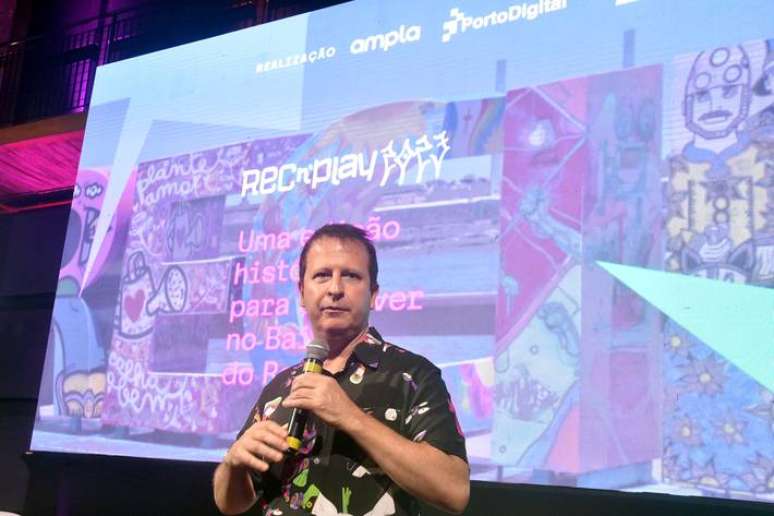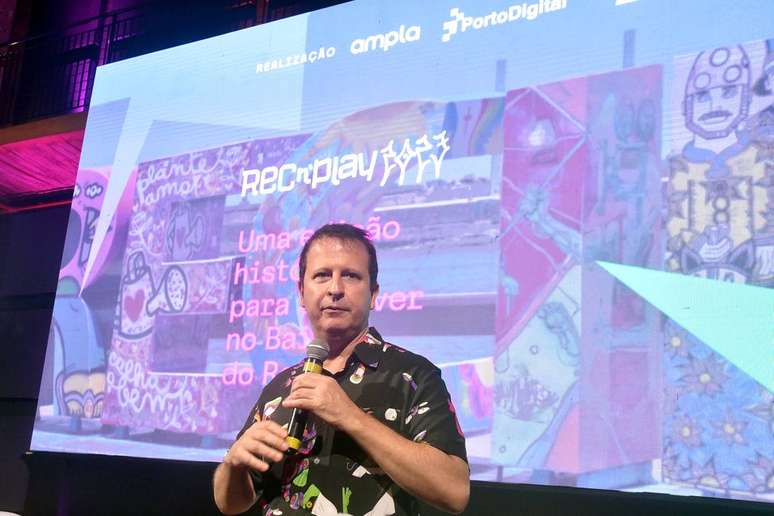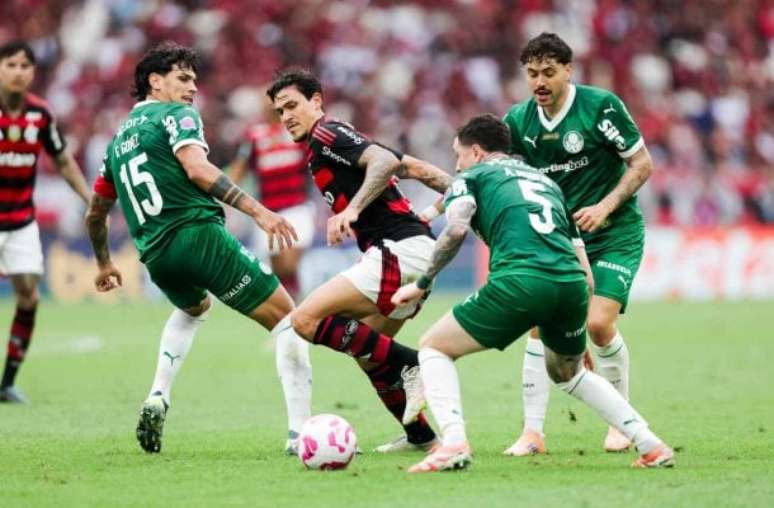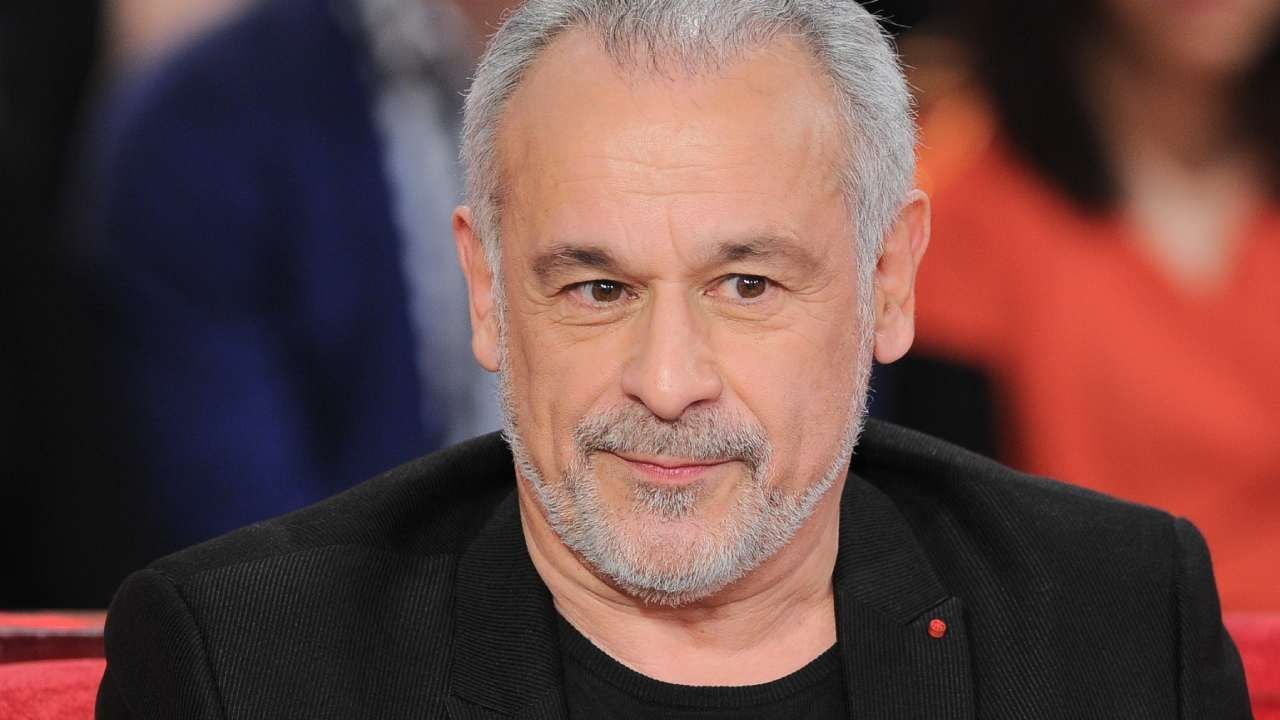AI is among the protagonists of REC ‘n’ Play, an event that takes place from 18 to 21 October in the historic center of Recife; Programming includes lectures, workshops, gaming arenas and performances
SPECIAL SENDING TO RECIFE – For four days, the streets of Recife’s historic center became the stage for an off-season carnival. Instead of frevo, technology, innovation and entrepreneurship. It is with the DNA of the celebrations that the fifth edition of the REC ‘n’ Play festival is defined by Pierre Lucena, president of Porto Digital, one of the main technology parks in the country and creator of the event, which takes place between the 18th and 21st October.
Among the over 600 activities that make up the program, the theme of artificial intelligence prevails in debate circles. “We are entering a process of discussion on how to use this tool in the best way, because it will transform people’s lives in a brutal way in a very short period of time,” Lucena says in an interview with Estadão.
Against the backdrop of the cultural effervescence of the capital Pernambuco, it is estimated that more than 60,000 people will visit the place, which is experiencing a renaissance as the region’s historic buildings are revitalized for employment by technology companies.
“It is a space of historical heritage, it is an appropriation of the city. It is part of the purpose of the festival. It is part of our DNA, which is also that of the carnival,” says the president in reference to the festival’s uniqueness, which brings together more than 600 free entry activities distributed in approximately 43 points.
Watch some excerpts from the interview:
As president of Porto Digital, you lead one of the largest technology and innovation events in the country. What are the criteria for curating REC ‘n’ Play and how do you identify what works and what doesn’t?
We have divided the event into three main parts: the first, the contents with conferences and workshops, the second, the activations with game arenas and robots, as well as the third, which is entertainment. This year there is a lot of focus on childcare. Street performances, which are part of the city’s calendar, are also part of the program.
The curation is done in a completely chaotic manner. We choose from 20 to 25 curators and each one proposes the table he wants and we don’t get involved. Obviously, we want it within the ideological spectrum that we defend, which is the defense of education, science, technology and inclusion. So all this is part of an ideology that exists on the part of this popular movement that is Porto Digital.
We have curators from various fields: artificial intelligence, history of the outskirts of cities, there are those who talk about cybersecurity, another talk about culture, the creative economy and so on.
What sets the event apart?
The street. It is a historical heritage space, it is the appropriation of the city. It’s part of the purpose of the festival. These are things that Brazilians have somehow forgotten. Mainly belonging to the city’s middle class, many young people are unfamiliar with the city centre.
So when we bring these guys in here, we’re really bringing everyone together. Tickets are free, everyone in line, there is no VIP area. This democratic participation is part of our DNA, which is also part of Carnival.
This edition’s program brings together various debates on artificial intelligence. Within this theme, what is most urgent for Porto Digital?
First, we need to learn to work with artificial intelligence. We are entering into a process of discussion on how to use this tool in the best way, because it will transform people’s lives brutally in a very short period of time. And no one is prepared. The universities are not prepared, Brazil is not prepared. The theme of the next edition, therefore, will be to discuss the future.
In this regard, from your point of view, what is the business model of the future and how are you preparing?
We believe that all the processes that emerge will be more demanding than the current ones, especially in the work itself, because we live in an era of very accelerated productivity growth. We have already experienced this twice in history, with the industrial revolution and with scientific management. We used to work seven days a week, now we work six, five and from now on we will have to work less.
Because if this is not done in a globalized and organized way, by changing legislation, what could end up happening is that this increase in productivity is appropriated by those who employ it. It is therefore necessary to reorganize the work. This is what we need to think about now because creative jobs tend to disappear and we need to prepare for this new future. This is our big concern, in addition to the ethical issues of artificial intelligence and productivity, all of this is within the discussion package of the next REC ‘n’ Play very strongly.
Does it include the 4 day weekly debate?
Yes, but it can’t be a single company, it has to be global and there has to be legislation behind it. If this is not done in an organized way among all the agents, one day of productivity is taken away from the company and not even the entrepreneur can take advantage of this (4 days per week) as a competitive advantage. But we are here to discuss and mobilize.
Currently, many Brazilians in the IT sector are attracted by foreign companies. What is the biggest challenge in attracting and retaining qualified professionals?
We can’t keep crying over spilled milk. We need to look at this as a way to improve people’s quality of life because they will have jobs. There are two options: cry because people are leaving or go there and train more people.
We need to train more people and have quality public schools. This is what we are doing with the ‘Embarque Digital’ project, increasing the number of graduates in the city together with those coming from public schools. We hope that Brazil does the same and it is not just a Recife project.
To retain talent, we will have better wages, better jobs, in a better city, and we will do it for the long term.
In recent days, critical comments have circulated on the internet regarding the event which invited people of color, LGBTQIA+, to work at REC ‘n’ Play on a voluntary basis, without pay. How did you deal with it?
We don’t control what happens everywhere. We believe in affirmative action, for example, we have prioritized top festival places for residents of the Pilar community (Historic District region). But (the notice) was badly placed, the festival decided to go back and did what it had to do: apologize and try to discuss it another way in the future.
Now, one thing is certain: We believe in affirmative action, college quotas, and 100% “Digital Boarding” for public schools. And we will continue with positive action and effective inclusion. One mistake will not make us give up affirmative action.

Source: Terra
Rose James is a Gossipify movie and series reviewer known for her in-depth analysis and unique perspective on the latest releases. With a background in film studies, she provides engaging and informative reviews, and keeps readers up to date with industry trends and emerging talents.






